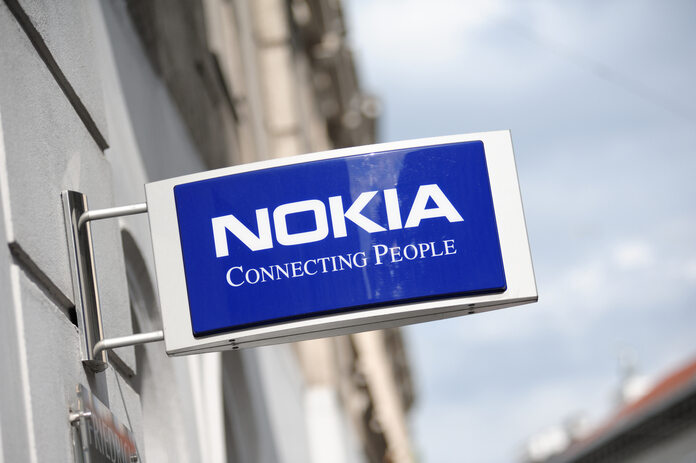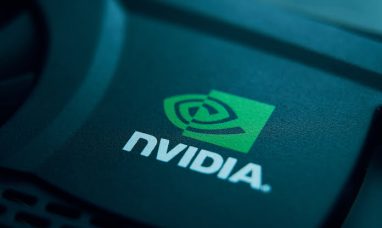Nokia Corporation (NYSE:NOK) has entered into a definitive agreement with Lumine Group Inc. to divest its Device and Service Management business platform. The transaction, valued at 185 million euros, includes a provision for an additional 35 million euros based on the first year’s performance post-deal closure. The completion of the deal is expected by the first quarter of 2024, subject to mandatory approvals and regulatory compliance.
This strategic move is in line with Nokia’s Cloud and Network Services (CNS) group’s overarching strategy over the past two years, aiming for accelerated growth by establishing technological leadership in key areas. Earlier this year, Nokia sold its VitalQIP product, making Red Hat the primary infrastructure platform for Nokia Core Network applications.
The Device Management (DM) portfolio, supporting Communication Service Providers in remote management of home broadband access devices and IoT sensors, and the Service Management platform (SMP), focusing on enhancing customer care services, will be divested. Currently, Nokia’s coverage spans more than 1 billion devices and 150 deployments worldwide.
Post-acquisition, Lumine will operate the DM and SMP businesses independently under the brand name Motive. Lumine, with its autonomous operating model and solid telecom industry expertise, aims to bolster its software portfolio offerings. The acquisition aligns with Lumine’s strategy to invest in a long-term product roadmap.
Nokia’s strategic intent, as emphasized by this agreement, is to optimize its CNS business portfolio. This involves directing investments toward key areas such as network as a code, Software as a Service (SaaS), private wireless, edge technologies, and the development of the 5G core.
Despite a 29.9% decline in its stock over the past year, Nokia remains well-positioned in the ongoing technology cycle. The company’s end-to-end portfolio, including high-capacity AirScale products facilitating quick 5G upgrades, positions it strongly in the market. Nokia aims to transform global enterprises by converging mobile and fixed broadband, IP routing, and optical networks into a single network, supported by software and services. The company also seeks to create new business and licensing opportunities in the consumer ecosystem, moving away from a traditional network operating model to demand-driven operations.
In summary, Nokia’s divestment of non-core assets signifies a strategic focus on key growth areas and technology leadership within its CNS business portfolio.
Featured Image: Megapixl









